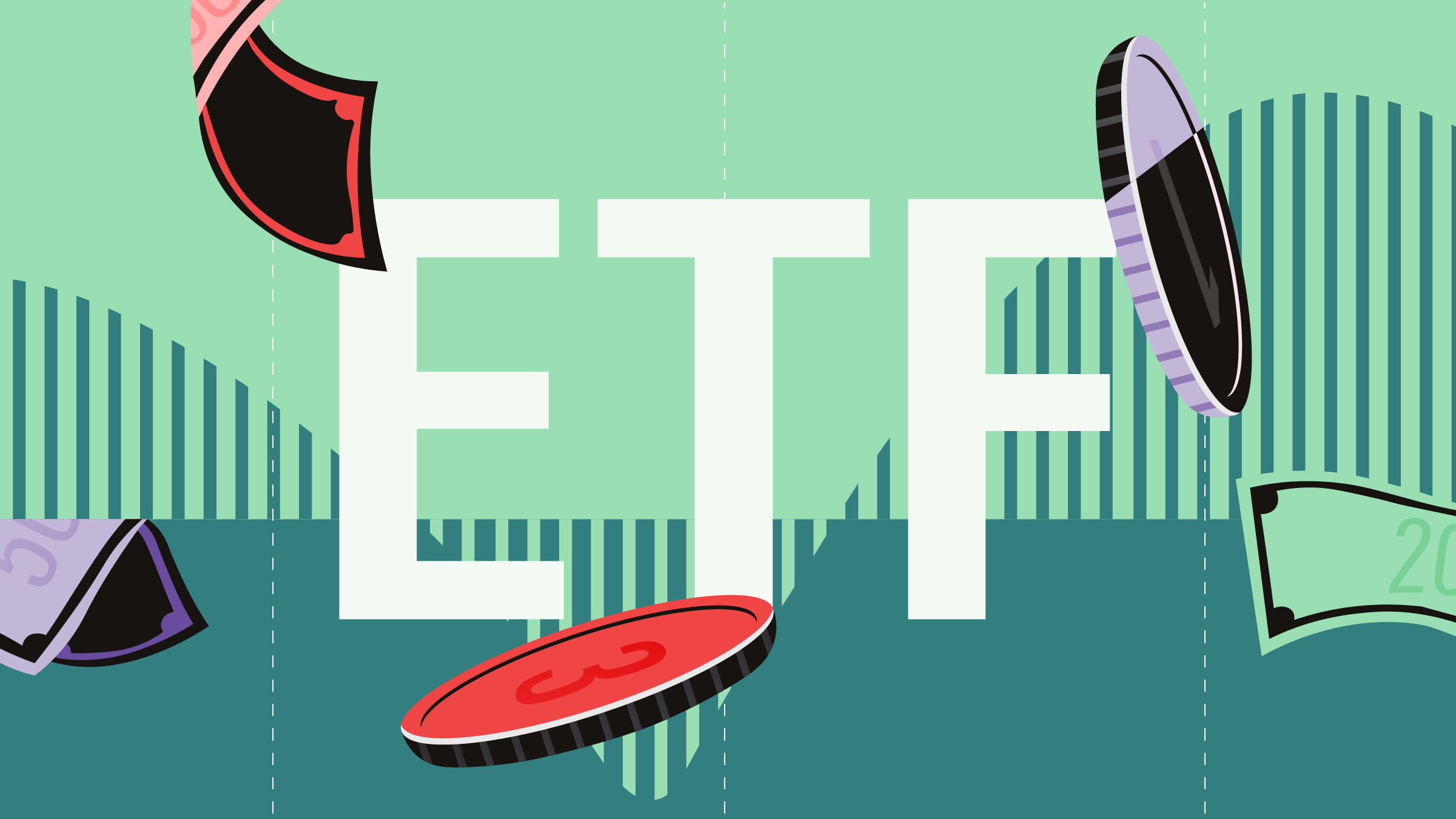Iso-Britannia siirtyy vuoden 2013 alusta järjestelmään, jollaisesta voidaan monissa muissa Euroopan maissa vain haaveilla. Sijoitusneuvojat eivät enää saa ottaa vastaan komissioita myymistään tuotteista - esimerkiksi rahastoyhtiltä, jonka rahastoa he ovat asiakkaalleen myyneet. Palkkion pitää tulla kokonaisuudessaan asiakkaalta.
Muutos merkitsee läpinäkyvyyden parantumista. Sijoitusneuvojan ei enää kannata suositella tuotetta, josta saa parhaan palkkion, vaan sitä josta sijoittaja tulee tyytyväisimmäksi.
Uudistus on nimeltään RDR (Retail Distribution Review). Tässä Morningstarin videossa kerrotaan tarkemmin mistä on kysymys. Toimittaja on Alanna Petroff Morningstar.co.uk-tiimistämme.
Videon englanninkielinen sisältö purettuna:
Alanna Petroff: The way you invest and receive financial advice is changing in the New Year.
If you want to learn about the basics and cut out the investment jargon, you’ve come to the right place.
In this video, I’m going to talk about how financial advice used to operate, the new rules that are coming into place, and the future of financial advice. This whole overview will be short and sweet, and there's going to be various pie and cake references as we go along.
So let’s get started. In the financial advice industry, there used to be a lot of inconsistency in terms of the financial advice that was being doled out. Generally qualifications for advisers were not very high.
And previously, when you bought a fund through an adviser, you would be paying a fund management fee to the fund company each year. The fund company would then send some of this money back to your adviser, as a ‘thank you’ for recommending the product in the first place.
For example, let's say that you paid a 1.5% fee each year to your fund company, a part of that 1.5% would be paid back to your investment adviser. Let's say about 0.5%.
Now it’s easy to see how a practice like this would create some bias in the industry, with financial advisers potentially selling investment products that offer bigger commissions for them, instead of focusing on their client needs.
So now we're going to look at the new rules coming into place that should fix these issues:
The Retail Distribution Review, which is called RDR for short, is a set of new rules that will be enforced in 2013. They’re all about ensuring there is more transparency and fairness in the investment industry.
So to start, the RDR rules are stipulating that investment advisers will have to be split into two distinct categories – independent and restricted – and when you speak with any adviser, they'll have to tell you which category they’re in.
Independent financial advisers are called IFAs for short. They’re going to be required to have more qualifications starting in 2013. This is to ensure they are able to help you pick the best investments for your personal needs. IFAs will also need to consider all different kinds of investment products such as funds, investment trusts, ETFs, pensions, annuities ... everything. They can't specialise in one area but they have to have knowledge about all investment products.
Meanwhile, restricted advisers won’t look at the whole market. They may specialise in just one investment area. Or they may look at a number of different investment products, but they won't look at everything, hence the name “restricted”.
So that’s one big set of changes that will be going through with RDR.
But definitely the biggest change is that financial advisers will no longer be getting commissions from fund companies when they sell investment products. Financial advisers will no longer be getting that piece of the pie.
From now on, instead of paying your adviser indirectly through commissions, you’ll be paying them upfront [or at least agreeing on their fees upfront], which is certainly a more transparent practice.
So let’s look at this in pie terms: you cut up a slice of your pie, give it to your adviser, you know in advance just how much they’re getting, and just how much you get to keep for yourself.
In terms of the fee structure that we’ll have going forward, you negotiation with your adviser how you’re going to pay them. You could agree on a flat rate, you could agree an hourly rate, or if you want ongoing advice and help, you may agree to pay a small percentage of your portfolio each year to your adviser.
Now this change in the fee structure is all about ensuring that you get unrestricted and unbiased advice from a better qualified financial adviser. And this is the ultimate goal of RDR.
These new rules are going to create a lot of change in the industry.
For one, it will level the playing field for different kinds of investment products because the products that paid commissions beforehand will no longer be getting preferential treatment. Commissions will be gone. And IFAs will have to consider all investment products.
Another change is that annual management charges on funds will be altered to eliminate commissions. So next time you buy a fund through your IFA, you will buy a “clean” share class, which is commission-free and should be cheaper [excluding advice fees].
It’s clear to see that RDR is really overhauling the investment advice industry. But thankfully, if you’re watching this video, you already know about Morningstar and you know that we’re here to help you with your investments. We provide plenty of research, articles and portfolio management tools on our website, Morningstar.co.uk.
Making investment decisions can sometimes be difficult, but we’re here to help you find the sweetest investments for your portfolio.
















